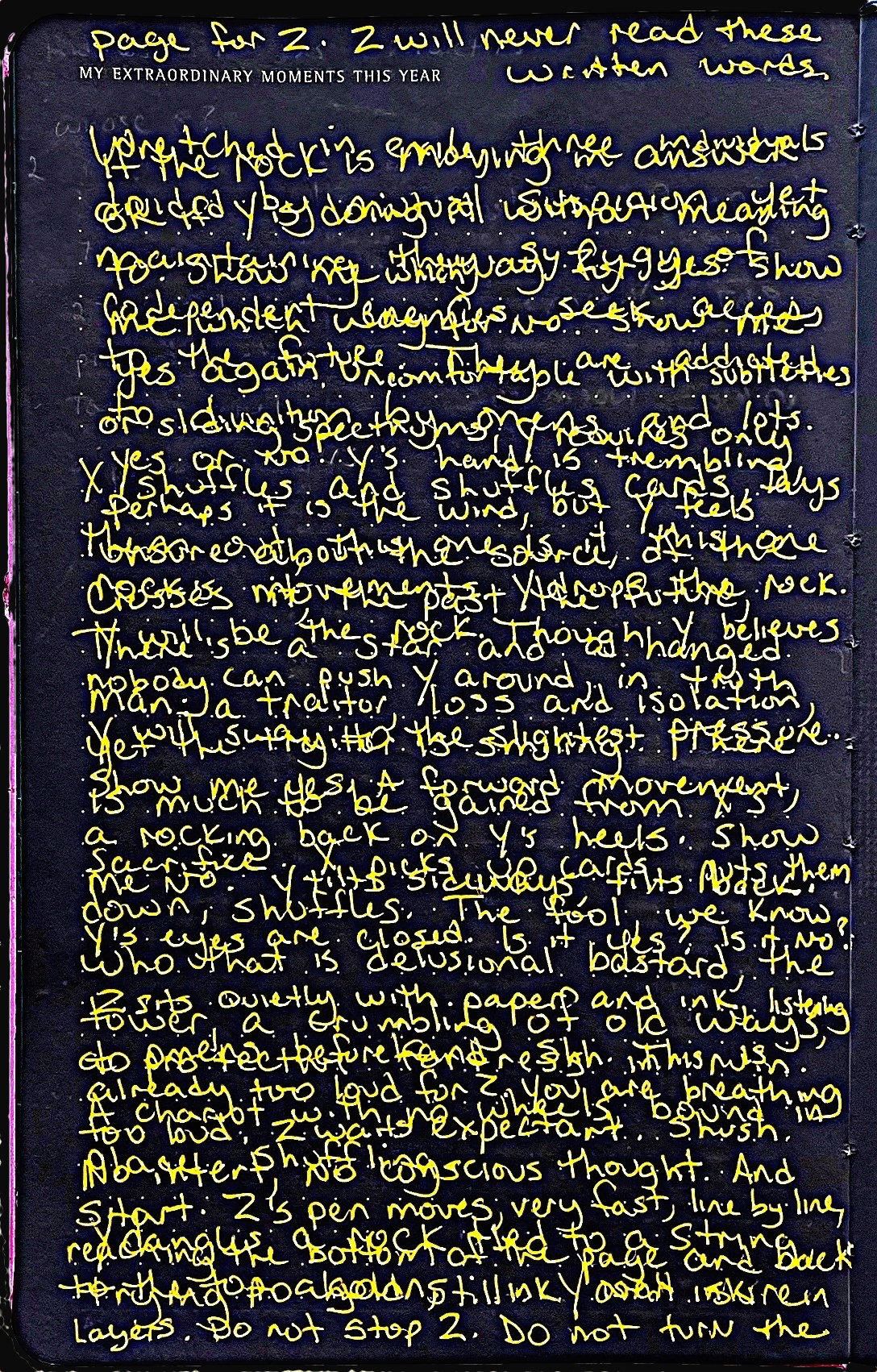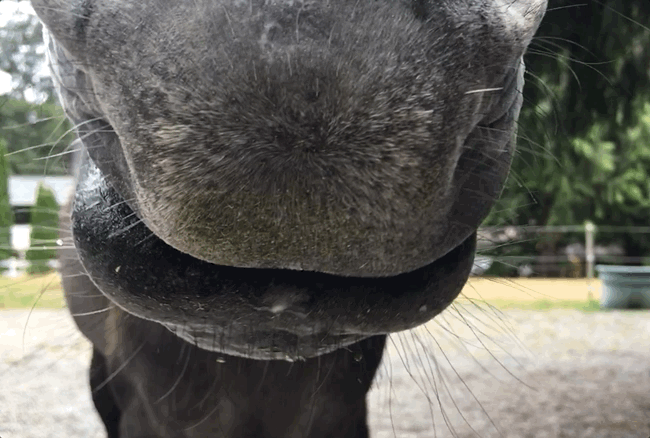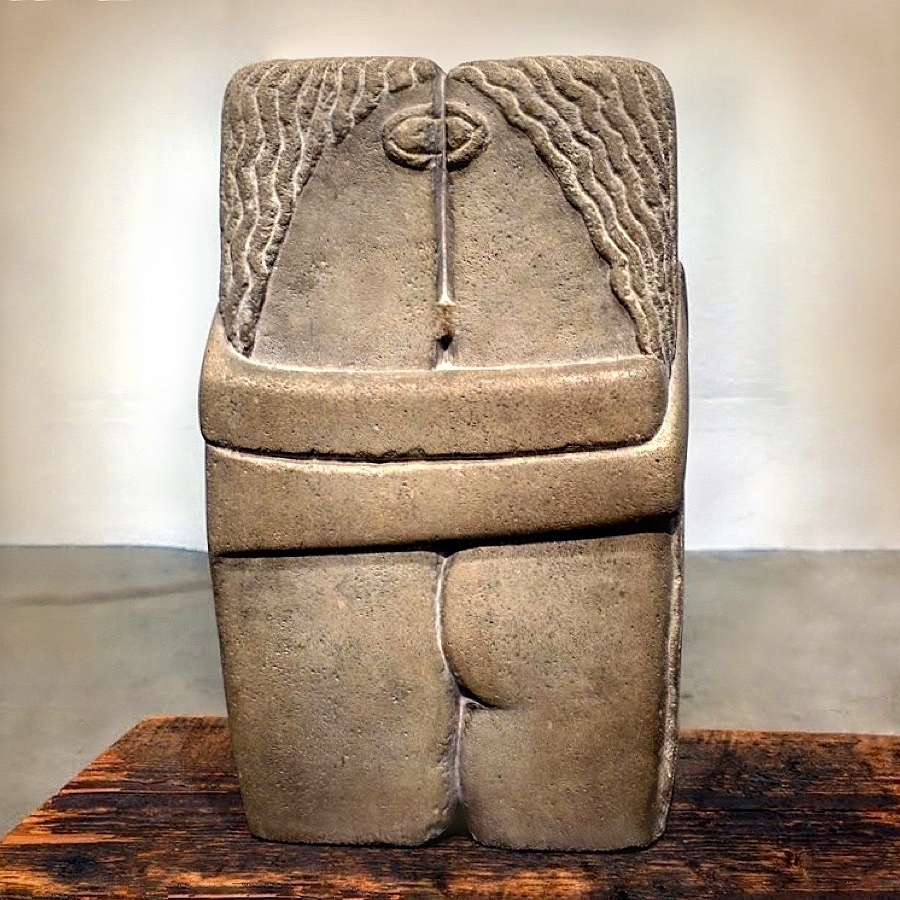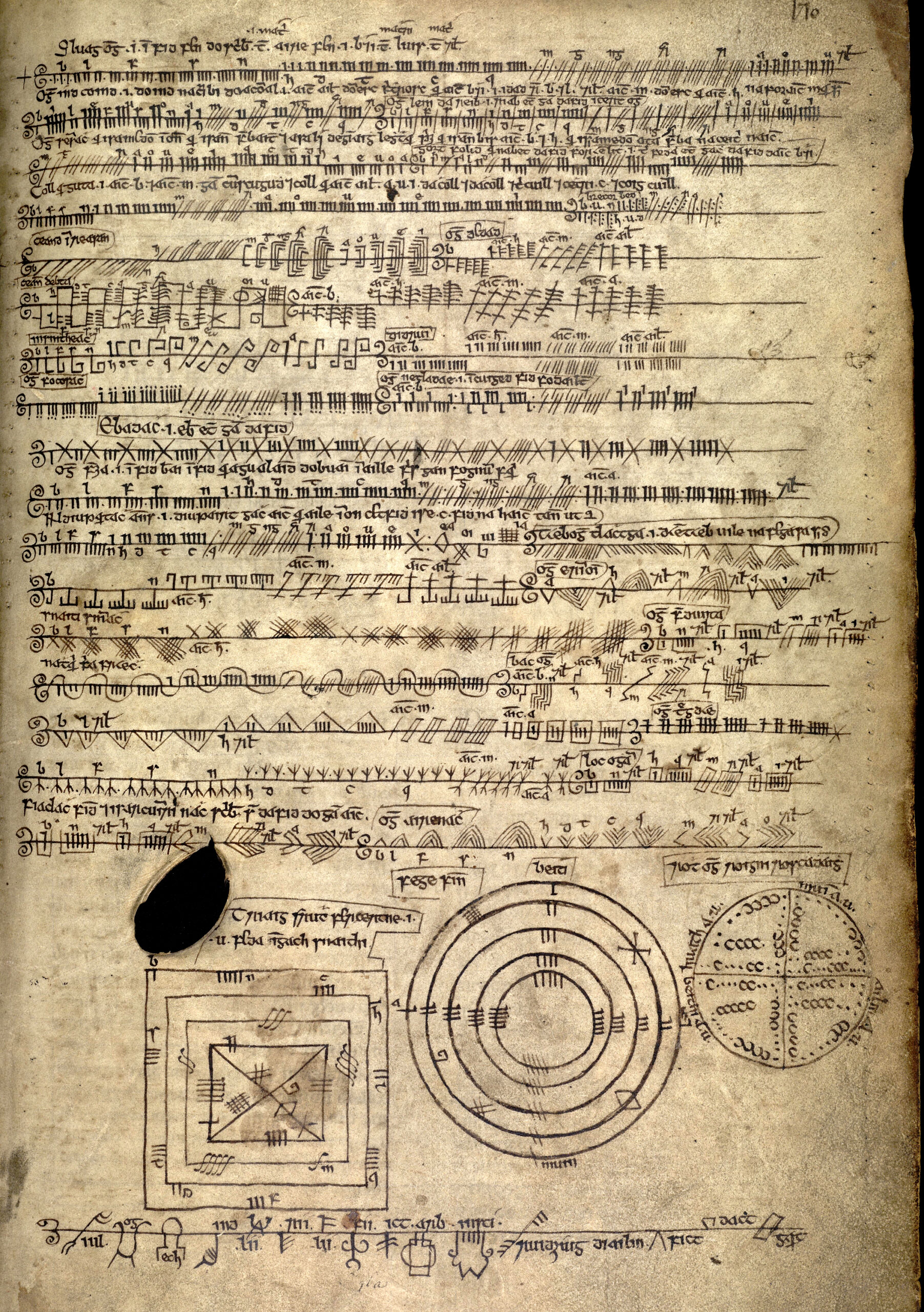 Old English poetry was performed, probably sung, for purposes beyond mere entertainment. The Germanic tribes Tacitus visited at the end of the first century would prep for battle by barding, which he called “a peculiar kind of verse” sung to stimulate their courage and to divine the outcome of the coming fight through the quality of the sound itself. Tacitus tells us about these peculiar verses almost immediately in his report back to the empire, so you know it was impressive. It would be. Imagine it: he says the people would put their battle shields to their mouths, perhaps in them, and sing. A shield as a musical instrument. Their favorite sounds were “a harsh piercing note and a broken roar,” which “does not seem so much an articulate song, as the wild chorus of valor.” What were the words? Were they the names of the gods? An appeal for their protection? A … More
Old English poetry was performed, probably sung, for purposes beyond mere entertainment. The Germanic tribes Tacitus visited at the end of the first century would prep for battle by barding, which he called “a peculiar kind of verse” sung to stimulate their courage and to divine the outcome of the coming fight through the quality of the sound itself. Tacitus tells us about these peculiar verses almost immediately in his report back to the empire, so you know it was impressive. It would be. Imagine it: he says the people would put their battle shields to their mouths, perhaps in them, and sing. A shield as a musical instrument. Their favorite sounds were “a harsh piercing note and a broken roar,” which “does not seem so much an articulate song, as the wild chorus of valor.” What were the words? Were they the names of the gods? An appeal for their protection? A … More
Tag Archives: Germania
X≠Y≠Z: Divination
 Wretched in exile, three individuals divided by mutual suspicion yet maintaining the syzygy of codependent enemies, seek access to the future. They are addicted to divination by omens and lots.
Wretched in exile, three individuals divided by mutual suspicion yet maintaining the syzygy of codependent enemies, seek access to the future. They are addicted to divination by omens and lots.
X shuffles and shuffles cards, lays them out, this one is it, this one crosses it, the past the future, There’s a star and a hanged man: a traitor, loss and isolation, yet the traitor is smiling. There is much to be gained from X’s sacrifice. X picks up cards, puts them down, shuffles. The fool, we know who that is delusional bastard, the tower, a crumbling of old ways, a protective fortress in ruin. A chariot with no wheels, bound in place. Shuffling.
Y dangles a rock tied to a string, trying to hold still. Y isn’t sure if the rock is moving in answer or if Y is doing it without meaning to. Show me which way for yes. Show me … More
How to Listen to a Horse
 Publius Cornelius Tacitus
Publius Cornelius Tacitus
Ingaevones Territory
Year 98 of the New Calendar
Gnaeus Julius Agricola
Governor, Britannia, ret.
Dearest Father in Law,
How are you, I am fine. Julia sends her love. I am still in Germania, moving in the direction of Gaul, separated from this place by rivers, mountains, and mutual dread. This is a land rude in its surface, rigorous in its climate, cheerless to every beholder and cultivator.
Today I observed the practice of conjuring, which one cannot avoid as no people are more addicted to divination by omens and lots. Of their methods, some are familiar and civilized for instance auguring from the sounds and flights of birds, others prove most unnatural, such as deriving admonitions and presages from horses. These are the omens they deem most important:
When a horse neighs, the people foresee a meeting or gathering, of which they sit to many, most often fully armed. If the … More
Ing is for Nerþus
 In the Old English Rune Poem, Ing is specifically masculine pronoun male. He’s a boy. But where Ing came from amongst the East Danes of what is now eastern Denmark and Southern Sweden, Ing appears to be a deity who was sometimes male, sometimes female, sometimes both at once. This is not uncommon, there are crowds of intersexed deities in world belief systems. I was going to list them. I don’t have enough space. But anywhere we look, there they are, including if we look toward Ing’s people. We have to look close, we have very little to go on.
In the Old English Rune Poem, Ing is specifically masculine pronoun male. He’s a boy. But where Ing came from amongst the East Danes of what is now eastern Denmark and Southern Sweden, Ing appears to be a deity who was sometimes male, sometimes female, sometimes both at once. This is not uncommon, there are crowds of intersexed deities in world belief systems. I was going to list them. I don’t have enough space. But anywhere we look, there they are, including if we look toward Ing’s people. We have to look close, we have very little to go on.
We also have to look at Ing’s people at the wrong times which is always tricky. Ing is called Ing in the Rune Poem, which was most likely written down in the 600’s but is probably several hundred years older than that. The runes themselves are certainly older. When Ing is called Ing in the … More
The Ogam Ash Tree
 Ogam, spelled Ogham in modern Irish, is an Old Irish alphabet, it was possibly a cryptographic alphabet like the runic ones, and it may have had its own sign language and musical notation. The Ogam letters have names like the letters in the Rune Poem, and the letters have meanings we can glean from three collections of kennings, or Briatharogam (literally word-letters): words paired portmanteau style to make new meanings. It’s like a mini version of the Rune Poem’s riddles: two words give the clue instead of a whole stanza. These people understood how to work with brevity.
Ogam, spelled Ogham in modern Irish, is an Old Irish alphabet, it was possibly a cryptographic alphabet like the runic ones, and it may have had its own sign language and musical notation. The Ogam letters have names like the letters in the Rune Poem, and the letters have meanings we can glean from three collections of kennings, or Briatharogam (literally word-letters): words paired portmanteau style to make new meanings. It’s like a mini version of the Rune Poem’s riddles: two words give the clue instead of a whole stanza. These people understood how to work with brevity.
It is popular for people to think that all letters in the Ogam alphabet were always named after trees, and though there is a substantial grove of at least eight of them in the Ogam alphabet, there’s other stuff in there too. Take a look at the kennings for the letter R, ᚏ: tindem rucci… More


